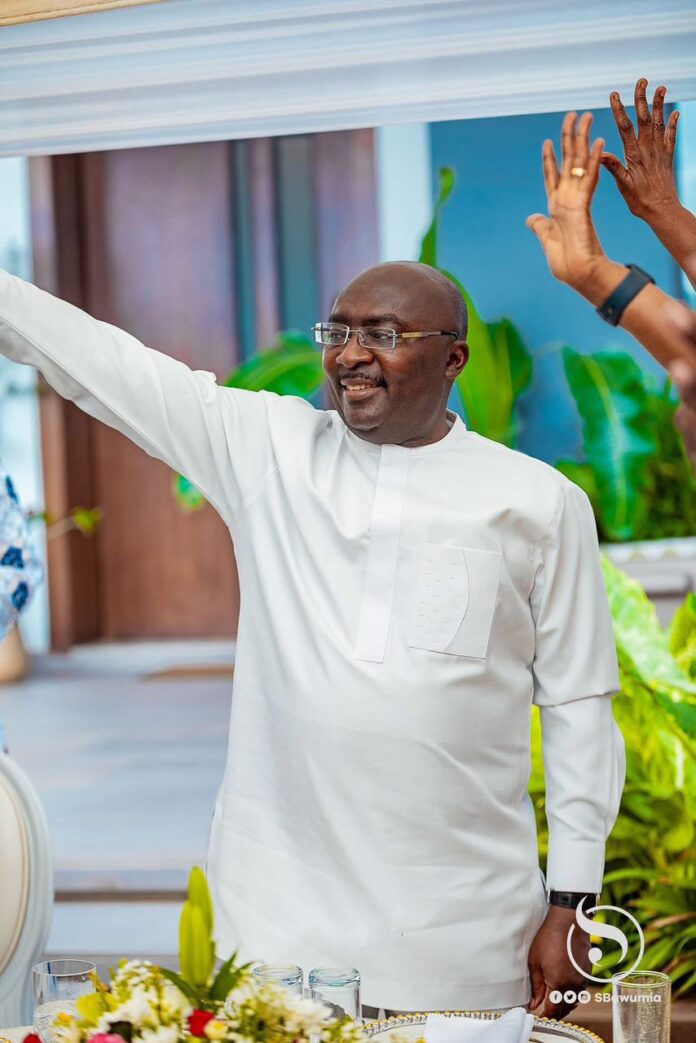By Kwadwo Nyamekye
In the intricate theater of Ghanaian politics, few figures have been as polarizing in recent years as Dr. Mahamudu Bawumia. Once seen by critics as merely riding the coattails of President Akufo-Addo, Dr. Bawumia’s political fortunes are now entering a new phase—one potentially shaped by the very absence of his long-time political patron.
Following the New Patriotic Party’s (NPP) exit from government and a turbulent period marked by economic strain (2022–2024), public perception of the Akufo-Addo administration waned significantly—even among core supporters of the party. Many argue that this public sentiment affected Dr. Bawumia’s standing within the NPP, particularly during the 2023 presidential primaries, where his loyalty to the then-president became a double-edged sword.
To some within the political space, Bawumia’s victory in the 2023 primaries was less about his personal merit and more about his ties to the presidency. Detractors labeled it a “Hail Mary” pass granted by association rather than achievement. However, a deeper analysis of party dynamics suggests that the vice presidency may have been more of a political burden than a blessing for Bawumia at the time.
Within party circles, there was growing tension between the government machinery and the party grassroots. Many viewed the NPP government as increasingly detached from the realities facing ordinary Ghanaians. In that context, Bawumia’s close alignment with the Akufo-Addo administration may have cost him support, as protest votes shifted toward rivals like Kennedy Agyapong—a maverick seen by some as more in touch with the party base.
Yet, with the NPP now in opposition and reports emerging that President Akufo-Addo may have tactically stepped back from Bawumia’s ongoing political ambitions, a new window of opportunity seems to be opening. No longer tied to the burden of governance or the shadow of his former boss, Dr. Bawumia has the chance to rebrand himself—not just as a technocrat or loyal lieutenant, but as a visionary leader capable of uniting a fragmented party.
For political strategists, this shift may not be coincidental. The supposed withdrawal of Akufo-Addo’s support could be part of a deliberate realignment strategy—one that allows Bawumia to appeal more directly to the party’s youthful base, who have long expressed feelings of alienation. This could prove decisive in the next round of primaries.
As the NPP begins its uphill battle from opposition, what the party needs is a unifying force, someone who can speak credibly about renewal and chart a bold path forward. If Bawumia can capitalize on this period of separation and forge a distinct political identity—one grounded in humility, experience, and solutions—he could re-emerge as a formidable force within the party and beyond.
Indeed, no two elections are the same, and Ghanaian politics has repeatedly shown its openness to swift and surprising turnarounds. With the political spotlight shifting and power dynamics realigning, the next chapter of Dr. Bawumia’s political journey might just be his most defining yet.


